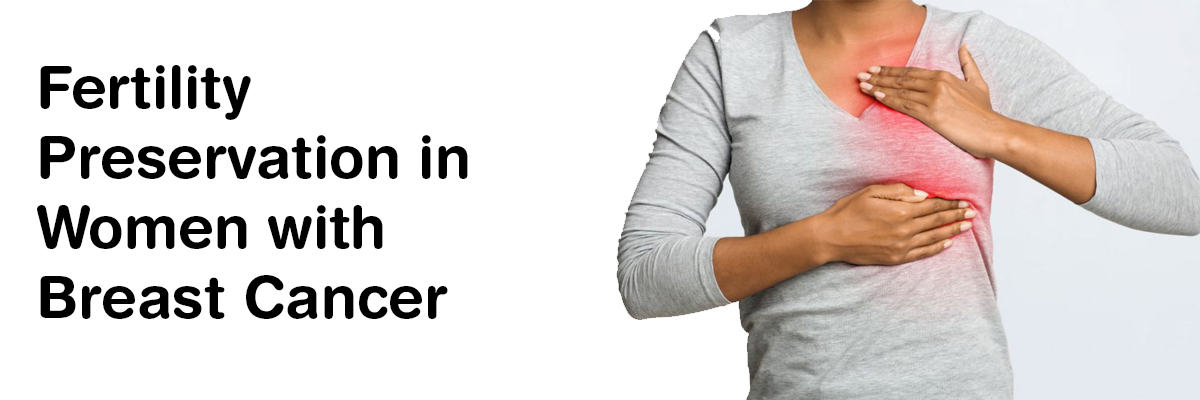
 IJCP Editorial Team
IJCP Editorial Team
Fertility preservation in women with breast cancer
Fertility preservation can sometimes be challenging if the patients have a life-threatening disease or a problematic clinical predicament. One such example is the patients with cancer, who may experience a definite surgical excision, radiotherapy, chemotherapy, targeted therapy and a combination of many, and all as the standard treatment, which may directly/indirectly destroy the reproductive organ and/or impair the reproduction function, resulting in transient or permanent infertility.
Dramatical improvement in cancer therapy has led to the development of a relatively new discipline, called onco-fertility.
However, there are still some challenges that need to be transparent and well balanced between the risk and benefits of onco-fertility. Thus, the experience sharing and/or an established consensus to guide the onco-fertility patients is urgently needed.
Two studies published in September in the Taiwanese Journal of Obstetrics and Gynecology talked about fertility preservation among young breast cancer patients and directed to reconsider the importance of the need for oncofertility while treating young cancer patients, with a desire for fertility preservation.
Oncofertility is always associated with challenges, since treating cancer, keeping of progression-free survival (PFS) or invasive disease-free survival (IDFS) and prolonged overall survival (OS) are always aimed during cancer therapy.
For fertility preservation, such as cryopreservation of oocytes and embryos, the following independent factors may delay the initiation of cytotoxic agent treatment in breast cancer patients-
- Time to schedule and perform a new consultation with a reproductive expert,
- Time consumed during patient decision-making,
- Time to conclude the fertility preservation process
This prolonged interval (between diagnosis of breast cancer and initiation of adjuvant chemotherapy) is associated with worsening morbidity and mortality in breast cancer patients.
A recent retrospective cohort study assessing this time-lapse suggested that using controlled ovarian stimulation (COH) for fertility preservation is a safe option for breast cancer patients who are facing gonadotoxic treatment regimens and desire future fertility. a COS cycle does really delay the initiation of systemic treatment by approximately 2 weeks from the start of stimulation medication, and fortunately, the time does not exceed the maximally tolerable interval, suggested by evidence (<12 weeks, with a mean of 4–6 weeks), since breast cancer patients will be maximally benefitted from systemic therapy administered within 12 weeks after surgery. This theory and the real-world data are enough to support the onco-safety of this delay since it does not affect either recurrence or overall survival (OS).
Concerning onco-safety, the long GnRHa protocol is not considered standard for fertility preservation in breast cancer patients, and it is also associated with an increased risk of OHSS.
SOURCE- Chen SF, Lee FK, Wang PH. Fertility preservation in women with breast cancer, Taiwanese Journal of Obstetrics and Gynecology. 2022;61(1):3-4. https://doi.org/10.1016/j.tjog.2021.11.002.

IJCP Editorial Team
Comprising seasoned professionals and experts from the medical field, the IJCP editorial team is dedicated to delivering timely and accurate content and thriving to provide attention-grabbing information for the readers. What sets them apart are their diverse expertise, spanning academia, research, and clinical practice, and their dedication to upholding the highest standards of quality and integrity. With a wealth of experience and a commitment to excellence, the IJCP editorial team strives to provide valuable perspectives, the latest trends, and in-depth analyses across various medical domains, all in a way that keeps you interested and engaged.






















Please login to comment on this article